Home / meghalaya / Political Shift in Meghalaya: Three Congress MLAs
Political Shift in Meghalaya: Three Congress MLAs
By: My India Times
4 minutes read 59Updated At: 2024-11-09
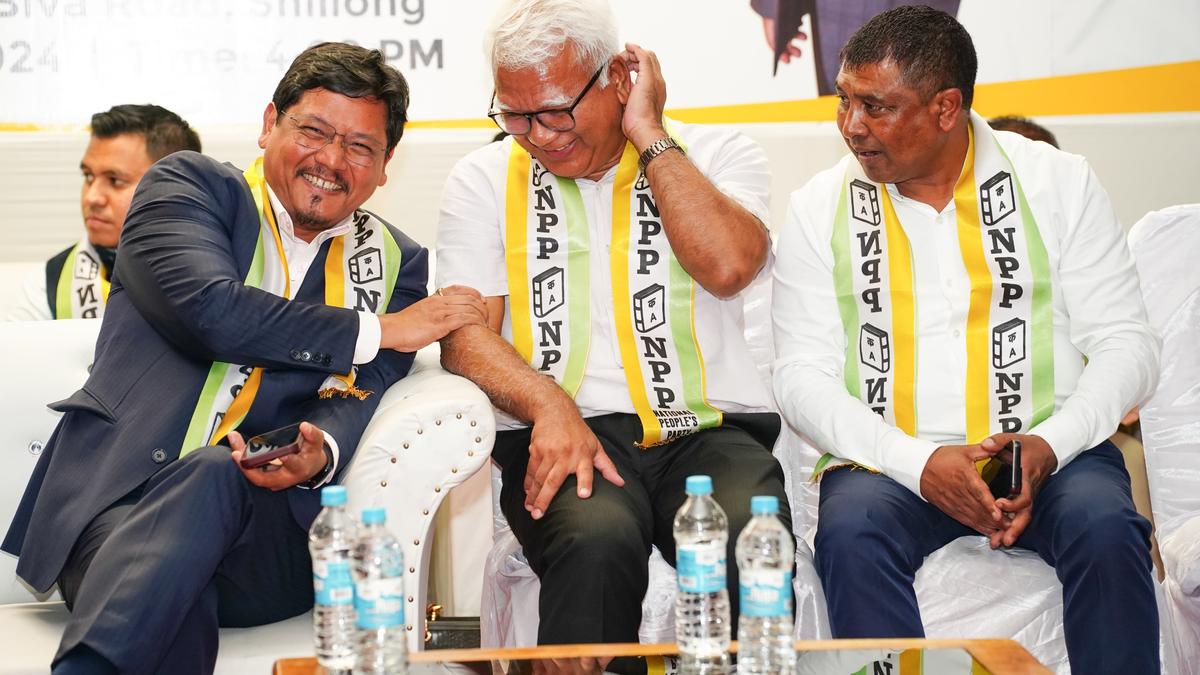
Shillong, Meghalaya — In a significant political development, three Congress MLAs in Meghalaya have defected to the National People’s Party (NPP), which is an ally of the Bharatiya Janata Party (BJP). This move, announced on Monday, has sent shockwaves through the political landscape of the state, raising questions about the future of the Congress party and the growing influence of the BJP-led alliance in the region.
The three MLAs—who represent key constituencies—joined the NPP in a ceremony attended by senior leaders of the party, including NPP national president Conrad K. Sangma. This marks a crucial moment in the ongoing realignment of political forces in Meghalaya, as the NPP, which is part of the ruling coalition, strengthens its foothold in the state legislature.
A Shift in Allegiance
The defection of these Congress MLAs has dealt a heavy blow to the opposition party, leaving Ronnie V. Lyngdoh, the lone Congress legislator in the state, to carry the party’s flag in the Meghalaya Assembly. Lyngdoh, who represents the Mylliem Assembly constituency, now stands as the solitary voice for the grand old party in a state where political alliances have been fluid and volatile.
The three defecting MLAs—whose identities have not yet been officially disclosed—cited growing dissatisfaction within the Congress party as a reason for their decision. “The Congress party in Meghalaya has been plagued by internal conflict, and we believe that joining the NPP will allow us to better serve our constituents and contribute to the state’s development,†said one of the defectors, speaking anonymously.
This shift in allegiance marks a significant chapter in the political history of Meghalaya, where coalitions have often been fluid, and party loyalty is subject to change. The Congress, which has been a dominant force in the state’s political scene, now faces a tough challenge in re-establishing its relevance.
Rising Influence of NPP-BJP Alliance
The NPP’s rise in Meghalaya is part of a broader trend across northeastern India, where the BJP has been making strategic inroads by forging alliances with regional parties like the NPP. This move comes at a time when the BJP is strengthening its position in the region, gaining support through both political maneuvering and promises of development.
The NPP, led by Chief Minister Conrad K. Sangma, has been positioning itself as a formidable force, especially with the backing of the BJP. The three Congress MLAs joining NPP not only strengthen the party's presence in the state Assembly but also signal the growing sway of the NPP-BJP alliance over local politics.
“We are committed to bringing about transformative change in Meghalaya, and this addition to our ranks will further bolster our efforts to improve governance and address the issues faced by the people,†said Conrad K. Sangma during the announcement of the defections.
Impact on Meghalaya's Political Landscape
The shift of Congress MLAs to NPP is a sign of the ongoing realignment in Meghalaya’s political ecosystem. With an upcoming election cycle, the state is witnessing an unprecedented consolidation of power by the NPP and its allies. This strategic move could also have long-term implications for the Congress party, which is already grappling with a weakened position in several states across India.
For Meghalaya’s electorate, the development has raised concerns about the future of political accountability. “We don’t know where the loyalty of these leaders lies. What does this mean for us? Will they really work for the people who elected them?†said Jymmy Rymbai, a resident of Shillong, expressing skepticism over the political defection.
Congress Faces an Uphill Battle
With the exit of three prominent Congress leaders, the party now faces a significant uphill battle in maintaining its influence in Meghalaya. Ronnie V. Lyngdoh, the remaining Congress MLA, will now be tasked with holding the fort for the party, which has lost considerable ground in recent years due to internal factionalism and the rise of regional alternatives.
“The Congress party needs to reconsider its strategies in Meghalaya. The people are looking for leaders who are not only ideologically aligned but also committed to development,†said political analyst R. P. Syiem. “If Congress cannot regroup and present a united front, it will continue to lose its grip on the state’s political landscape.â€
What Lies Ahead for Meghalaya?
As the NPP solidifies its position with the support of BJP, the state’s political landscape is set to undergo significant changes. With three Congress MLAs now part of the ruling coalition, the opposition faces a critical juncture in its future. The defection underscores the increasing fragmentation of traditional political alignments, with regional parties like NPP gaining strength at the expense of national parties.
In the coming months, all eyes will be on the electorate of Meghalaya as they watch how this political drama unfolds and whether the Congress can recover or if the NPP-BJP alliance will maintain its dominance.
For now, with Ronnie V. Lyngdoh standing as the only Congress representative in the state legislature, the future of Meghalaya’s political equilibrium remains uncertain. As defections continue to shake the foundations of established parties, one thing is clear: Meghalaya’s political landscape is evolving, and it will never be the same again.
....Shillong, Meghalaya — In a significant political development, three Congress MLAs in Meghalaya have defected to the National People’s Party (NPP), which is an ally of the Bharatiya Janata Party (BJP). This move, announced on Monday, has sent shockwaves through the political landscape of the state, raising questions about the future of the Congress party and the growing influence of the BJP-led alliance in the region.
The three MLAs—who represent key constituencies—joined the NPP in a ceremony attended by senior leaders of the party, including NPP national president Conrad K. Sangma. This marks a crucial moment in the ongoing realignment of political forces in Meghalaya, as the NPP, which is part of the ruling coalition, strengthens its foothold in the state legislature.
A Shift in Allegiance
The defection of these Congress MLAs has dealt a heavy blow to the opposition party, leaving Ronnie V. Lyngdoh, the lone Congress legislator in the state, to carry the party’s flag in the Meghalaya Assembly. Lyngdoh, who represents the Mylliem Assembly constituency, now stands as the solitary voice for the grand old party in a state where political alliances have been fluid and volatile.
The three defecting MLAs—whose identities have not yet been officially disclosed—cited growing dissatisfaction within the Congress party as a reason for their decision. “The Congress party in Meghalaya has been plagued by internal conflict, and we believe that joining the NPP will allow us to better serve our constituents and contribute to the state’s development,†said one of the defectors, speaking anonymously.
This shift in allegiance marks a significant chapter in the political history of Meghalaya, where coalitions have often been fluid, and party loyalty is subject to change. The Congress, which has been a dominant force in the state’s political scene, now faces a tough challenge in re-establishing its relevance.
Rising Influence of NPP-BJP Alliance
The NPP’s rise in Meghalaya is part of a broader trend across northeastern India, where the BJP has been making strategic inroads by forging alliances with regional parties like the NPP. This move comes at a time when the BJP is strengthening its position in the region, gaining support through both political maneuvering and promises of development.
The NPP, led by Chief Minister Conrad K. Sangma, has been positioning itself as a formidable force, especially with the backing of the BJP. The three Congress MLAs joining NPP not only strengthen the party's presence in the state Assembly but also signal the growing sway of the NPP-BJP alliance over local politics.
“We are committed to bringing about transformative change in Meghalaya, and this addition to our ranks will further bolster our efforts to improve governance and address the issues faced by the people,†said Conrad K. Sangma during the announcement of the defections.
Impact on Meghalaya's Political Landscape
The shift of Congress MLAs to NPP is a sign of the ongoing realignment in Meghalaya’s political ecosystem. With an upcoming election cycle, the state is witnessing an unprecedented consolidation of power by the NPP and its allies. This strategic move could also have long-term implications for the Congress party, which is already grappling with a weakened position in several states across India.
For Meghalaya’s electorate, the development has raised concerns about the future of political accountability. “We don’t know where the loyalty of these leaders lies. What does this mean for us? Will they really work for the people who elected them?†said Jymmy Rymbai, a resident of Shillong, expressing skepticism over the political defection.
Congress Faces an Uphill Battle
With the exit of three prominent Congress leaders, the party now faces a significant uphill battle in maintaining its influence in Meghalaya. Ronnie V. Lyngdoh, the remaining Congress MLA, will now be tasked with holding the fort for the party, which has lost considerable ground in recent years due to internal factionalism and the rise of regional alternatives.
“The Congress party needs to reconsider its strategies in Meghalaya. The people are looking for leaders who are not only ideologically aligned but also committed to development,†said political analyst R. P. Syiem. “If Congress cannot regroup and present a united front, it will continue to lose its grip on the state’s political landscape.â€
What Lies Ahead for Meghalaya?
As the NPP solidifies its position with the support of BJP, the state’s political landscape is set to undergo significant changes. With three Congress MLAs now part of the ruling coalition, the opposition faces a critical juncture in its future. The defection underscores the increasing fragmentation of traditional political alignments, with regional parties like NPP gaining strength at the expense of national parties.
In the coming months, all eyes will be on the electorate of Meghalaya as they watch how this political drama unfolds and whether the Congress can recover or if the NPP-BJP alliance will maintain its dominance.
For now, with Ronnie V. Lyngdoh standing as the only Congress representative in the state legislature, the future of Meghalaya’s political equilibrium remains uncertain. As defections continue to shake the foundations of established parties, one thing is clear: Meghalaya’s political landscape is evolving, and it will never be the same again.
By: My India Times
Updated At: 2024-11-09
Tags: meghalaya News | My India Times News | Trending News | Travel News
Join our WhatsApp Channel







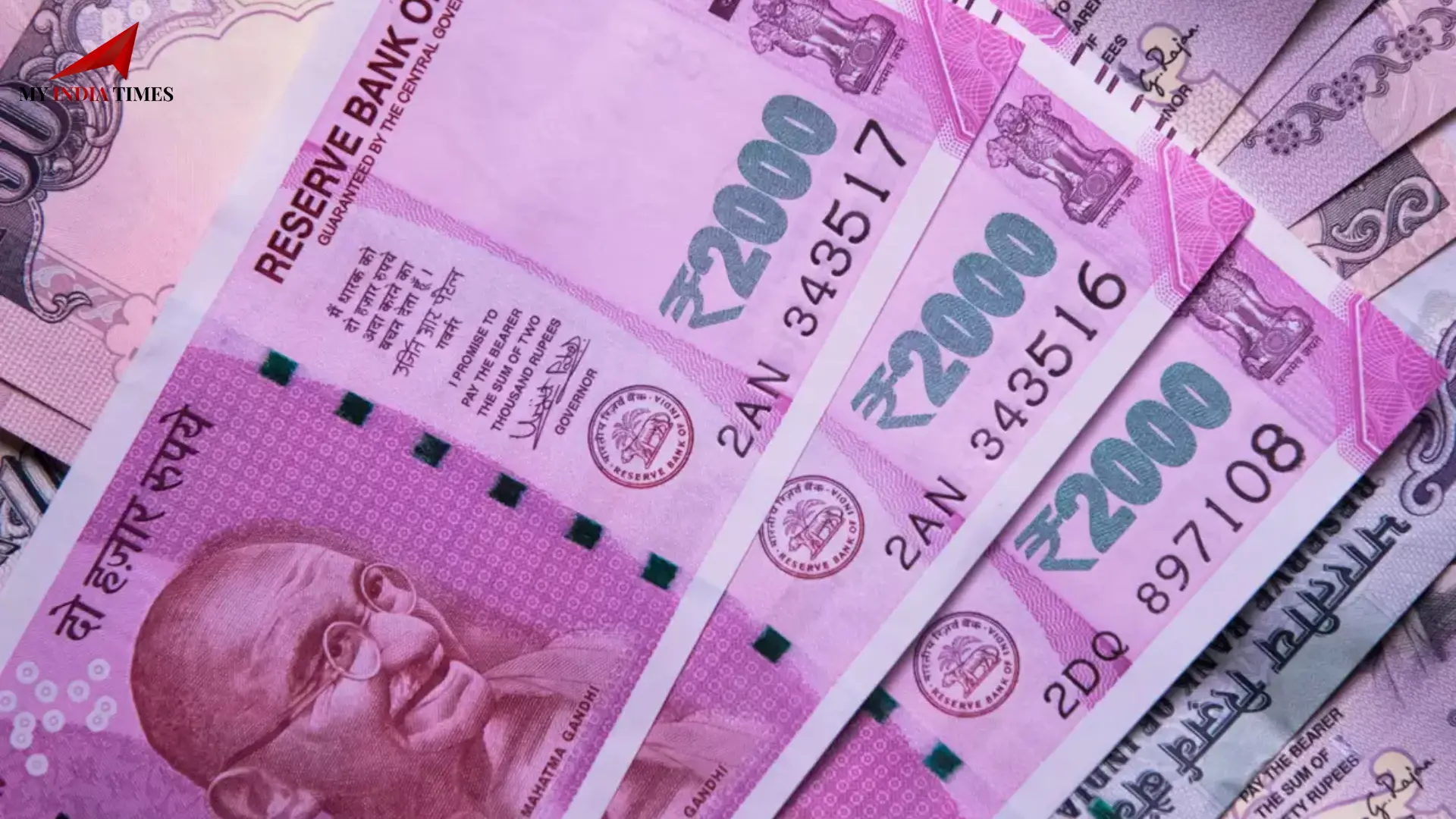

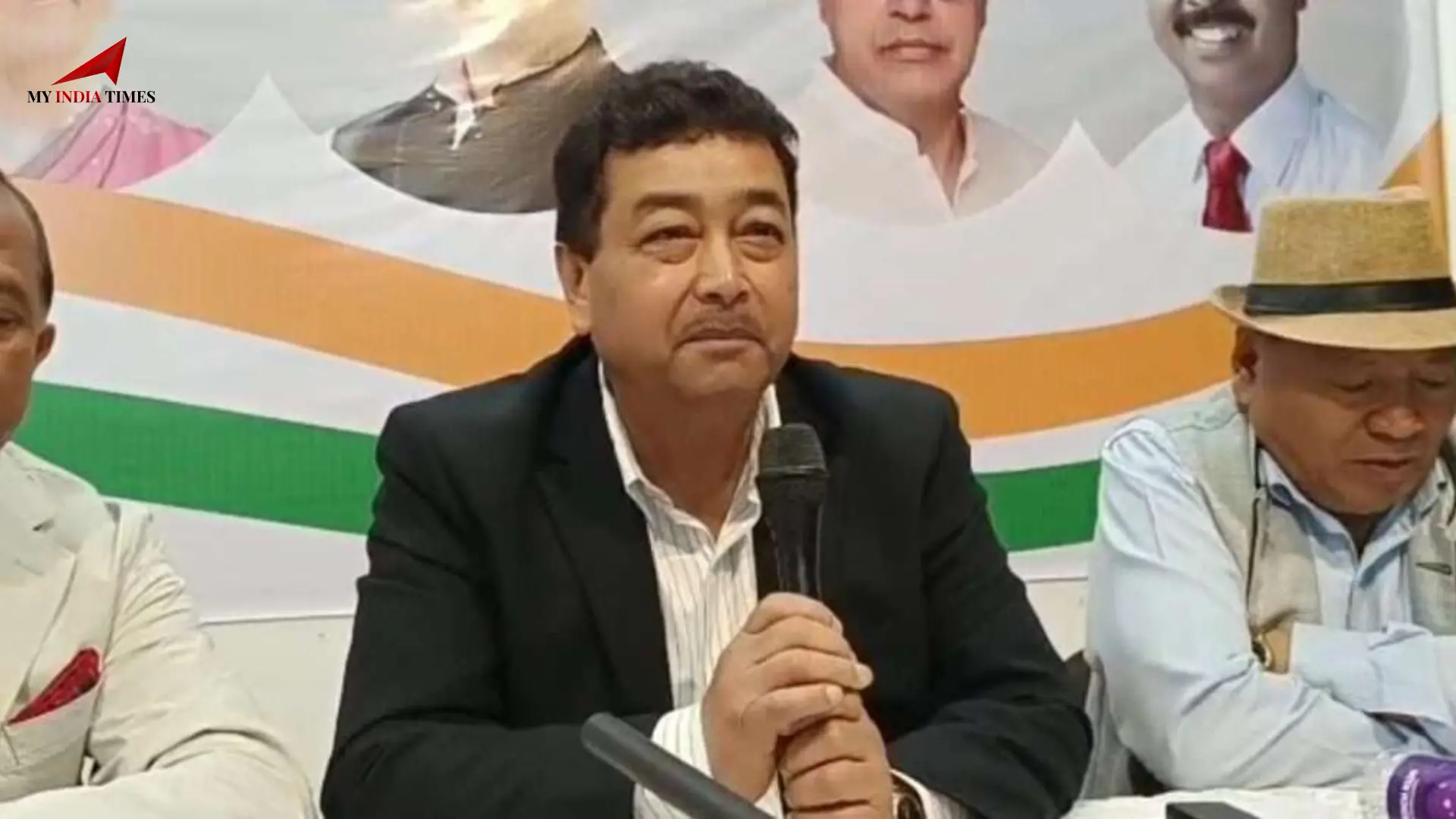
.jfif)
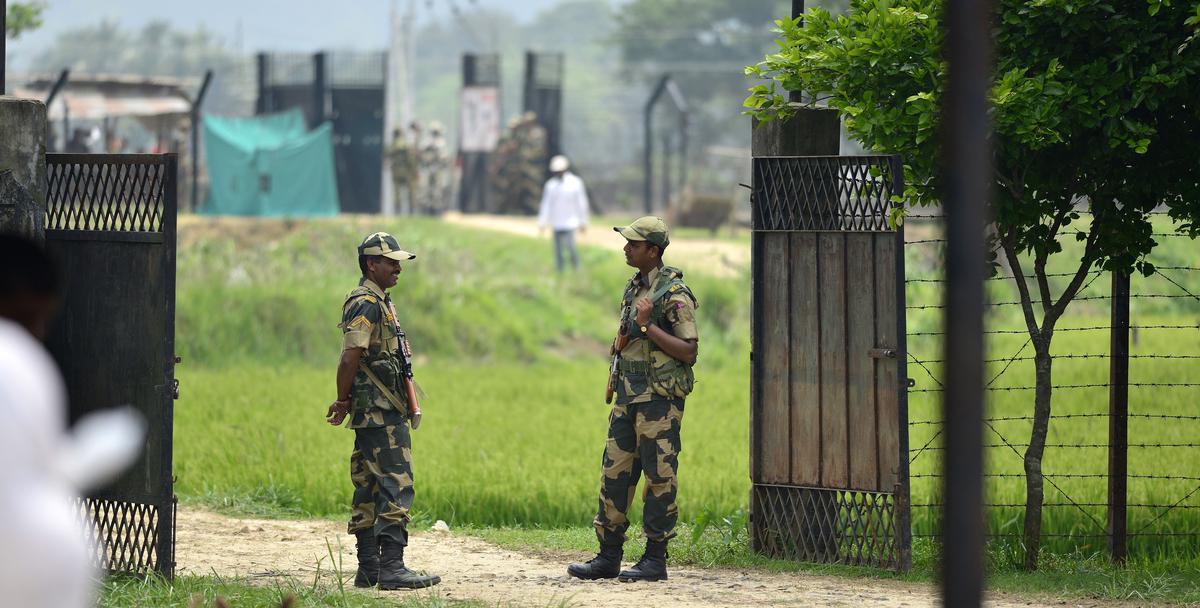
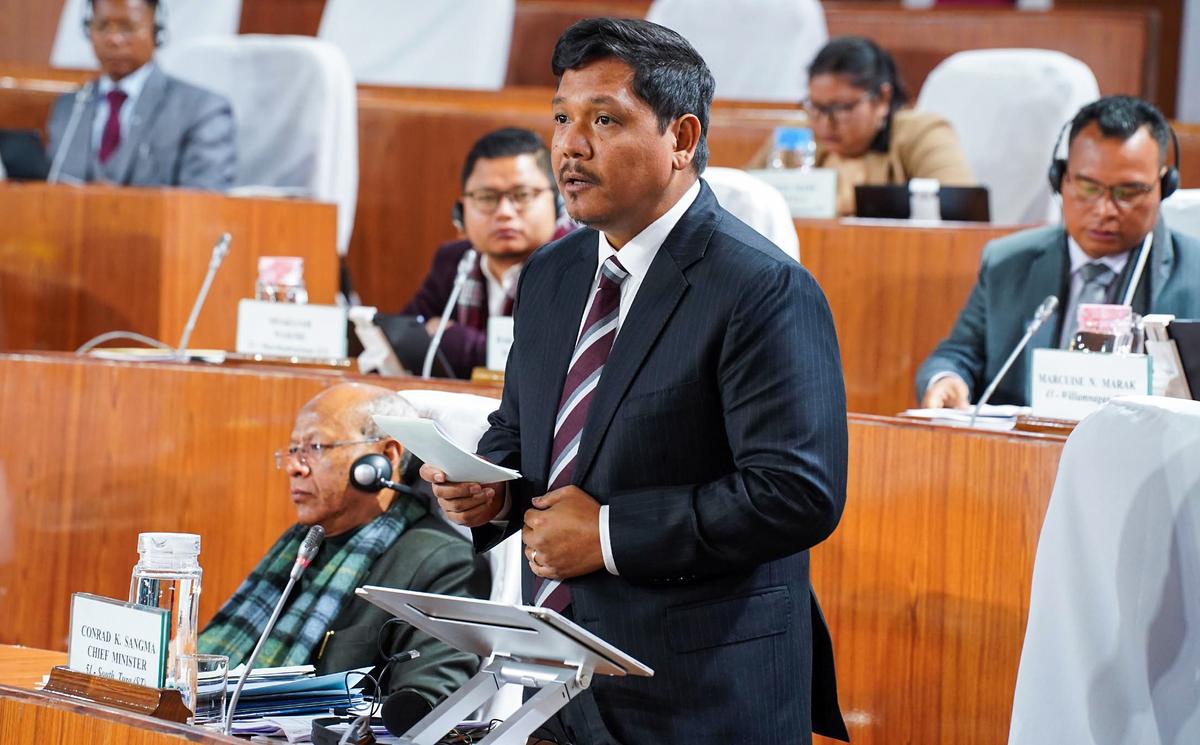



























































































.png)
 (1).png)























